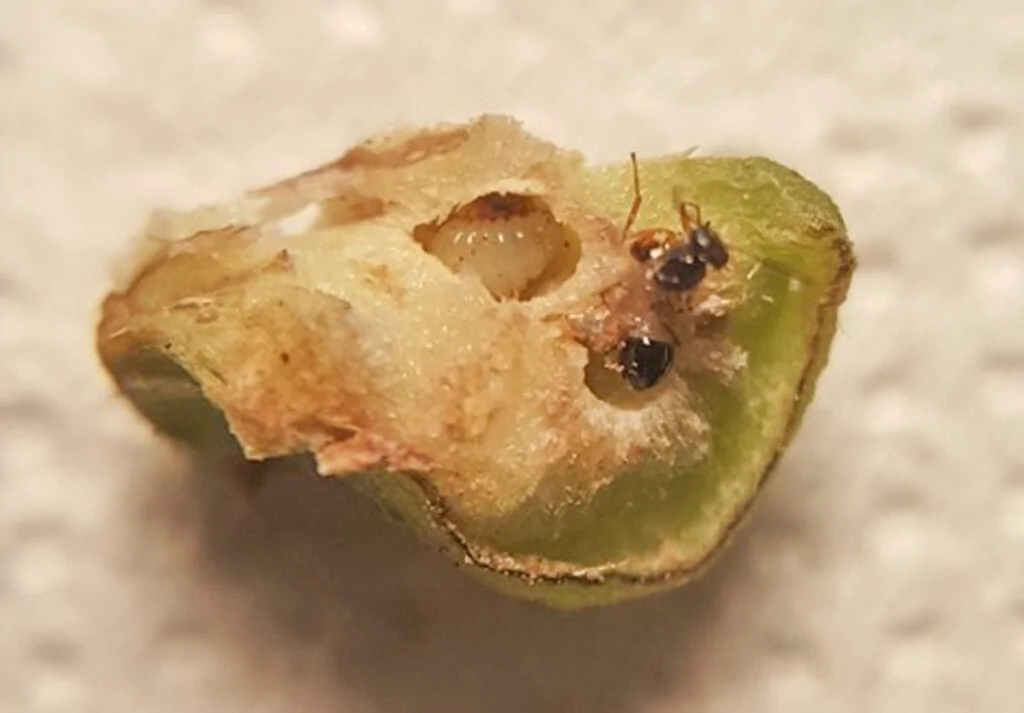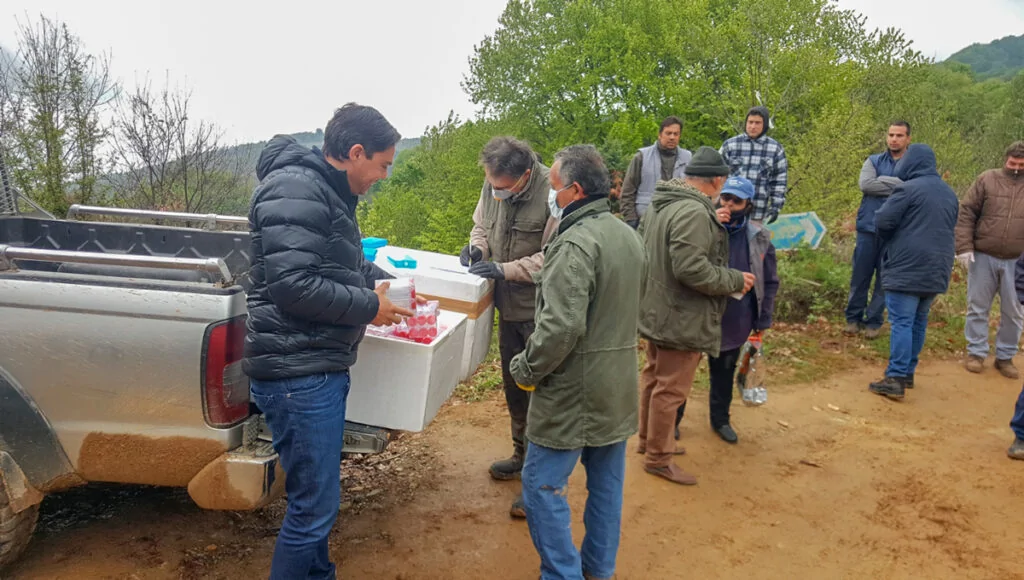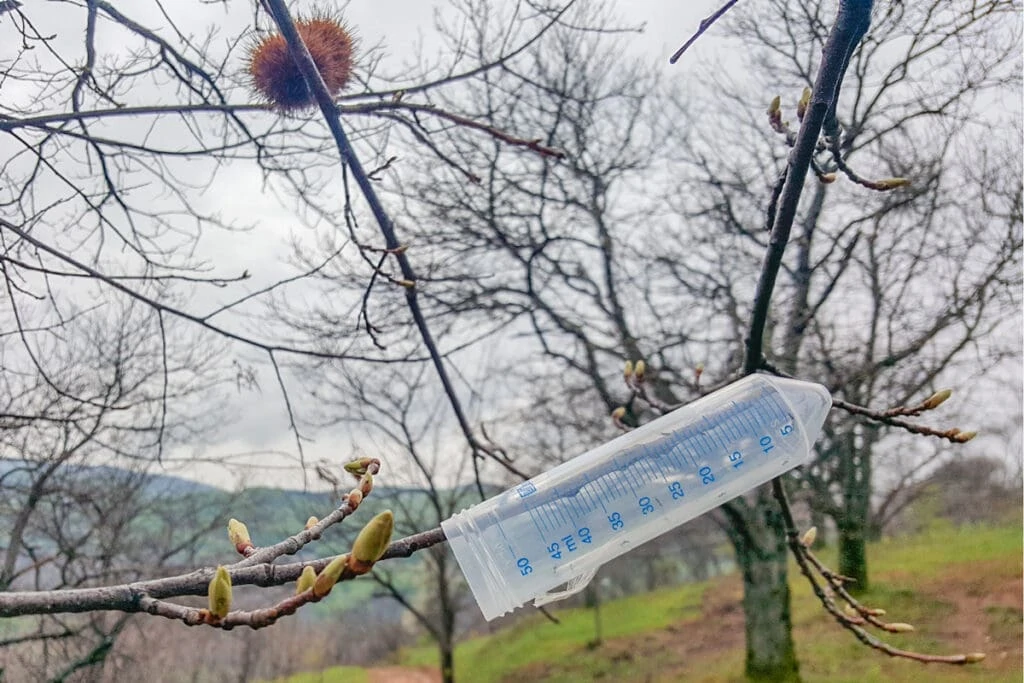Recently Andermatt Biocontrol became the main shareholder of Anthesis PC, a leading IPM company in Greece. The portfolio of Anthesis consisted of biocontrol products including, beneficial macro-organisms, mating disruption systems, biostimulants and pest monitoring systems.

For almost two decades Anthesis has been providing biocontrol and bionutrition solutions to the growers, helping them to overcome residue issues, manage pest resistance to active ingredients and significantly contribute to the control of problematic pests. The most recent achievement is the efficient control of the Asian chestnut gall wasp (Dryocosmus kuriphilus) using the parasitoid wasp Torymus sinensis.
The Asian chestnut gall wasp is native to China and was introduced accidentally to Europe through Italy. It severely damages the Chestnut trees by inducing the formation of galls. They appear in spring and interfere with the normal growing of the plant, reducing fructification and causing a gradual decay of the chestnut tree.
The difficulty of controlling the Asian chestnut gall wasp with conventional methods lies in the fact that the vast majority of the pest’s life cycle takes place inside of galls and on the large size of trees typically found on traditional chestnut groves, which makes applications of pesticides quite a difficult task. For many years, growers were at a dead-end, watching their orchards’ degradation increasing year after year.
In 2017, Anthesis introduced, initially for experimental purposes, the parasitoid wasp Torymus sinensis in collaboration with Pegaso company and the Italian university of Torino. This specific wasp is actively seeking for galls and places its eggs on them, near the larvae of the Asian chestnut gall wasp. After the eggs hatch, the young larvae feed on the larvae or pupae of the Asian chestnut gall wasp and consequently stop new infestation of young vegetation. Gradually, after almost 6 to 7 years, it reduces the population to the extent that the chestnut groves can be revived.
Based on this success, in 2018 Torymus sinensis was made commercially available to the farmers who in turn started the releases of the parasitoid on a yearly basis under training by Anthesis’ technical department. The Anthesis team collected thousands of galls and carefully examined their content in the chestnut growing areas all over Greece in order the verify that the release of Torymus sinensis brought the desired results.
During each winter, field days and presentations concerning Torymus sinensis release benefits and the progress of Asian chestnut gall wasp control from different areas were performed. Gradually the majority of the growers started to trust this method and switched from conventional methods to the releasing of Torymus sinensis.
Nowadays the level of parasitism and thus the reinstatement of the Greek chestnut groves that Torymus sinensis applied is impressive. The mentality of the growers around the biocontrol methods is very positive and raises questions about traditional uses of conventional pesticides. The majority of the growers are now convinced about the huge potential of using biocontrol solutions, as there are plenty of examples where these methods are the only way of controlling problematic pests.

